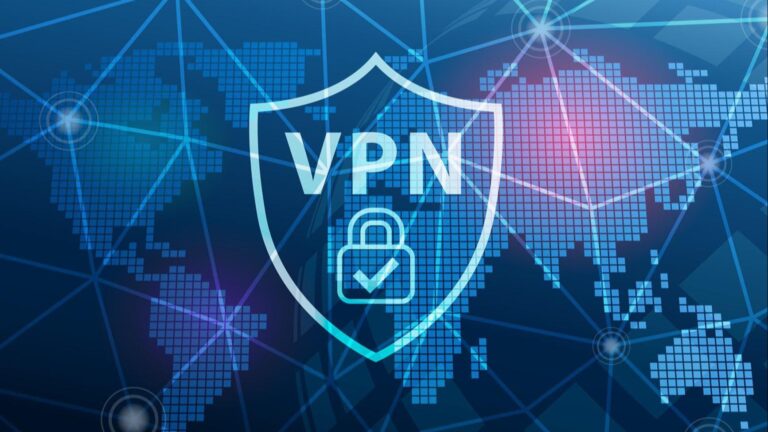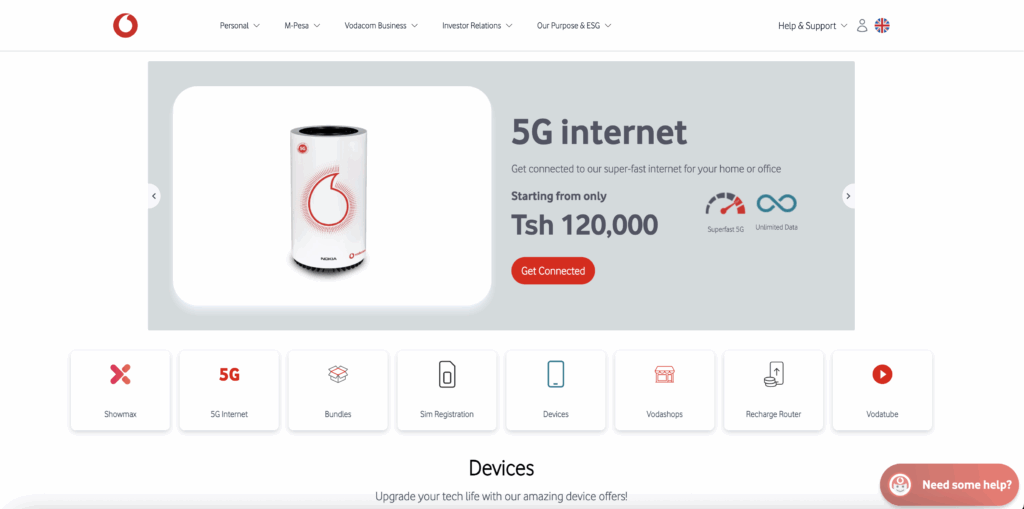For small businesses in the UK, cybersecurity is no longer optional. With increasing digitalisation, more remote work, reliance on cloud services, and the ever-present threats of phishing, ransomware, data breaches and regulatory fines (especially under GDPR), having strong protection isn’t just nice, it’s essential. The challenge is choosing cybersecurity software that is effective but doesn’t require an army of IT specialists or break the budget. Here’s a guide to what small businesses should look for, plus some of the best cybersecurity software and tools suited for the UK context.

What Small Businesses Need from Cybersecurity Software
Before listing products, let’s outline what features matter most for small businesses in the UK:
- Simple deployment and management – tools that are easy to install, update, and monitor without a large IT team.
- Comprehensive protection – protection against malware, phishing, ransomware, and threats from email and web.
- Endpoint security – covering laptops, desktops, maybe mobile devices, especially given remote work.
- Patch management / vulnerability scanning – keeping software up to date and identifying weak points.
- Compliance support – tools or certifications that help with UK regulations like GDPR, and schemes like Cyber Essentials.
- Good support and cost-effectiveness – affordability, clear pricing, UK-based or UK-aware support.
Key Types of Tools / Software
Here are the categories of cybersecurity software small businesses should consider, often used together:
| Category | Why It Helps |
| Antivirus / Endpoint Protection | Stops malware or viruses at device level. |
| Endpoint Detection & Response (EDR) | Detects malicious or unusual behaviour, not just known malware. |
| Firewalls & Next-Generation Firewalls (NGFW) | Controls traffic coming in or going out; blocks known bad traffic. |
| DNS protection / Web filtering | Stops users from going to malicious sites; blocks phishing and drive-bys. |
| Email gateway / Email security tools | Phishing is still a top vector; email-based protection is vital. |
| Vulnerability & Risk Assessment Tools | Identifies weak points, unpatched software, misconfigurations. |
| Password Managers / Access Control | Managing credentials properly; enforcing strong passwords and multi-factor authentication (MFA). |
| Cloud / SaaS-app Protection | Many small businesses use cloud tools; these need securing too. |

Top Cybersecurity Software & Tools for Small Businesses in the UK
Here are some of the best options, taking into account UK-specific needs. Many are suited for SMEs; some work well for micro-businesses.
| Product / Tool | What It Does Well |
| Bitdefender GravityZone Business Security | A robust endpoint protection suite. Good malware detection, strong support, helps with GDPR compliance. |
| Norton Small Business | Comprehensive antivirus, identity theft protection, multi-device support, business-friendly features. |
| McAfee Total Protection for Small Business | Broad coverage, affordable, multiple devices, includes ransomware protection. |
| Vipre | Endpoint and email security aimed specifically at small/medium businesses, cloud-based console, next-gen antivirus and ransomware defence. |
| CyberSmart | UK-based solution combining cybersecurity with compliance, helping businesses meet standards like Cyber Essentials. |
| Microsoft Secure Score | If your business uses Microsoft 365, this gives you a dashboard of security posture plus recommendations. |
| Qualys Free Community Edition | Vulnerability scanning, asset discovery, threat prioritisation. Good for smaller networks. |
| Nessus Essentials | Another well-regarded vulnerability scanner, free for smaller setups. |
| Email security / gateway tools (e.g. from vendors like Egress) | Secure messaging, protection of email content, detection of malicious attachments, impersonation protection. UK-based Egress is relevant. |
Recommendations / What to Choose Depending on Size and Budget
- Micro-businesses / Sole traders (very small scale): Begin with basics, a good antivirus/endpoint protection, enabling MFA, keeping all devices updated, using a password manager. Tools like Microsoft Secure Score if already using Microsoft 365, free vulnerability scan tools or trial versions can help.
- Small businesses (10-100 employees): Invest in more comprehensive endpoint protection suites (like Bitdefender, Norton, Vipre), add email security / gateway protection, consider a managed firewall or NGFW, use vulnerability scanning regularly, train staff in phishing recognition.
- Larger SMEs (100-250 employees or more IT complexity): Add more advanced tools like EDR, SIEM (security information & event management) or cloud-app monitoring, consider third-party audits, and possibly outsource parts of security or use a managed security service provider.





